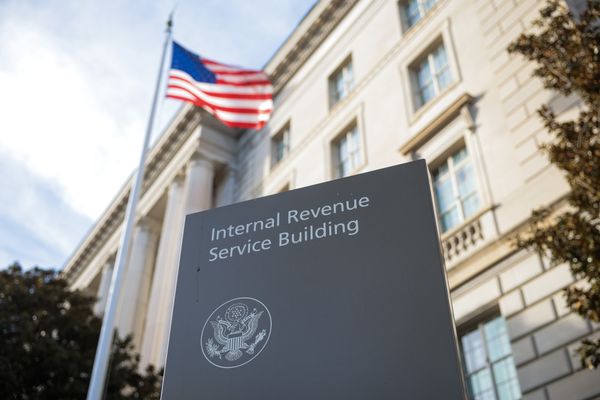
In December, my neighbour was notified by HM Revenue and Customs that she was entitled to a rebate of £324 for the tax year 2020/2021, and that a cheque was being sent to a firm called Calculate My PPI, a claims company she used several years ago. Calculate My PPI denies receiving the cheque and HMRC is saying that it can’t, or won’t, do anything to help. She can’t even ascertain whether the cheque has been cashed or not. She had initially approached the claims firm to see if she was entitled to compensation for mis-sold PPI, since she struggles to use a computer. It now appears the company has, unbeknownst to her, retained a control over her tax affairs. There must be many others who have used third-party PPI claims firms, potentially in the same boat.
CHY, Bristol
In January, I warned about online firms that offer to reclaim overpaid tax on behalf of customers for an enormous fee, and trap them in an ongoing contract.
Some customers who made a PPI claim through a third party have found their signature and national insurance number transposed on to a deed, so that a company can cash in on any pending tax refunds.
It seems unlikely this happened in your neighbour’s case since the deadline for applying for PPI compensation was August 2019, a year before Calculate My PPI (CMPPI) was set up by a 34-year-old, self-described teacher in Slough.
Its website declares that those who have made a successful claim for mis-sold PPI in the last four years could be due rebates worth thousands from HMRC. This is potentially true, because many claimants were not liable for the tax automatically deducted from compensation payments, and are therefore entitled to reclaim it.
The company uses a news cutting featuring MoneySavingExpert.com founder, Martin Lewis, urging readers to claim their PPI tax rebate before the deadline. The cutting is cropped to remove the fact that such rebates can be claimed for free. Claimants who study CMPPI’s small print will notice it deducts 35% of any payout plus VAT for the service.
It would seem your neighbour filled out the company’s claim form which, at the point of signature, displays, in minute print, a page of terms and conditions. This is, in fact, a deed of assignment to HMRC, and by signing it the customer authorises CMPPI to act on their behalf on a “continuing basis”. That includes having it named as their agent on their HMRC account, and receiving any tax repayments due.
CMPPI then, in theory, deducts its hefty fee and remits the rest to the customer. It’s possible that your neighbour’s rebate was due to the exertions of this firm. However, two months after the cheque should have reached CMPPI, she was still empty-handed.
HMRC refused to confirm to me, or to your neighbour, whether the cheque had been cashed, citing “strict rules on confidentiality”. However, it did agree to phone your neighbour and promised a resolution. Within the week Calculate My PPI had sent her the full rebate via two postal orders.
The government has announced a consultation on the high cost of claiming tax refunds, including the fees charged by claims firms, but has declined to disclose a date. Nor would it comment on whether the number of claims made by third-party agents was increasing.
As it stands, once an agent is appointed to act on behalf of a customer, they are legally entitled to any tax rebate, and the customer can only get them removed from HMRC records if the firm sends a contract waiver.
This means there’s no escape for those in the clutches of unscrupulous operators for, according to HMRC, anyone who was signed up to an agent without their knowledge must take it up with the company. It says: “We take firm action against any agents who are not complying with the law. We encourage customers to come to HMRC directly to make their claims.
“The same information is needed whether you apply via an agent, or directly yourself. It only takes a few minutes to complete HMRC’s online application and you get to keep all of what you are due.
“We urge anyone thinking of using a tax refund company to actively read the company’s terms and conditions on documents and websites, so they understand, in advance, the fees they will pay, the service they’re signing up for, and any legal contract they may be entering into.”
Martin Lewis says: “I personally wouldn’t touch CMPPI with a bargepole – especially as it is using my name on its website without notifying me – and it knows I suggest people DIY these tax claims for free.”
Calculate My PPI advertises a London number on its website and, reassuringly, encourages potential claimants to ring for advice and support. However, a voicemail declares that the company has closed its office in response to the pandemic and requests overtures by email.
My emailed request for a comment received no response.
Email your.problems@observer.co.uk. Include an address and phone number. Submission and publication are subject to our terms and conditions







